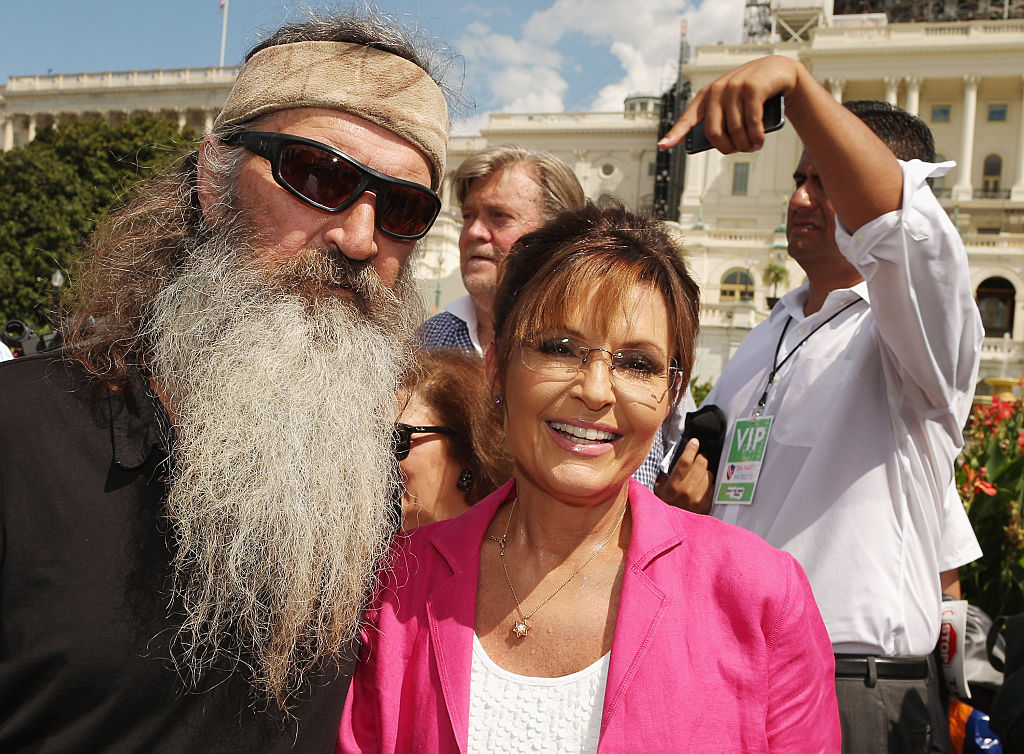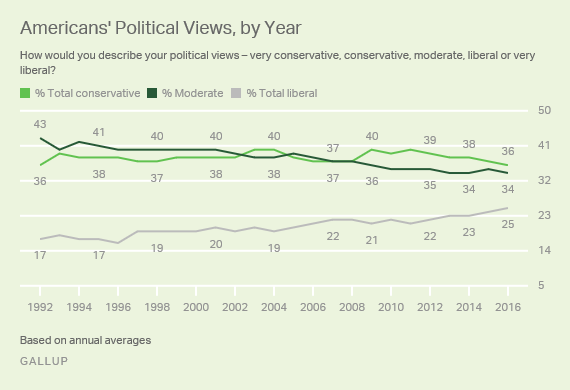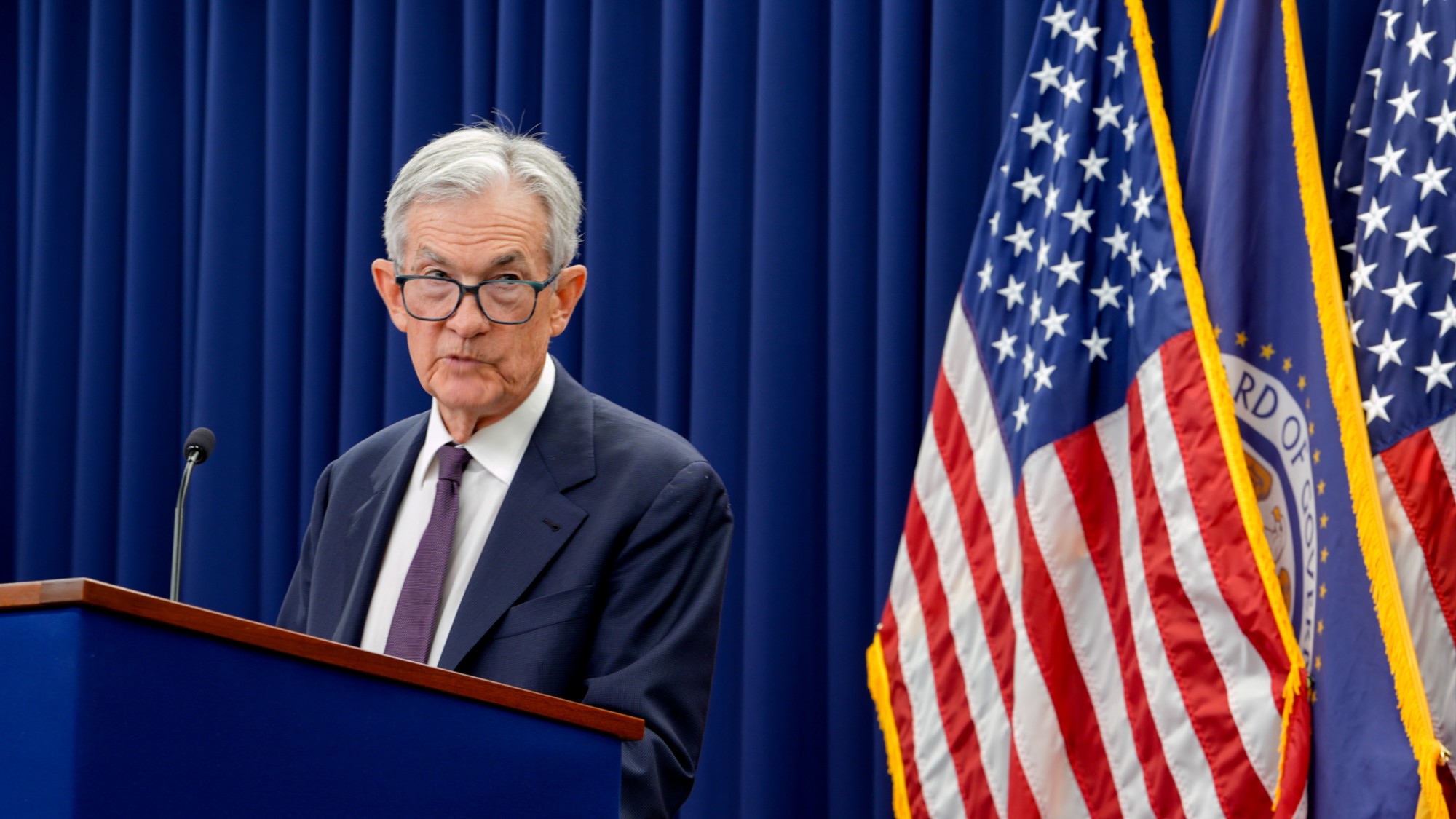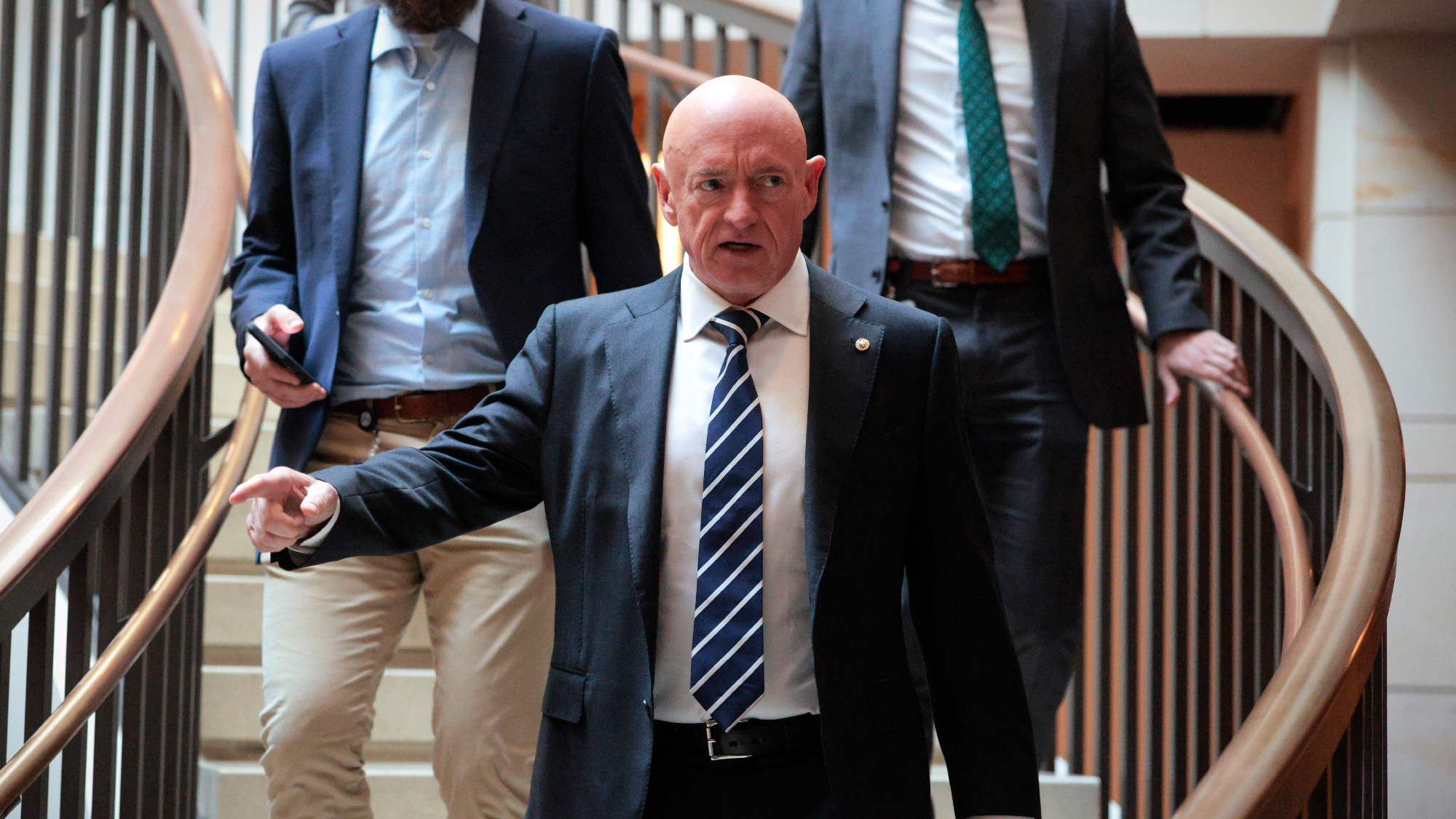Fewer Americans identify as conservative than at any point in the Obama presidency


A free daily email with the biggest news stories of the day – and the best features from TheWeek.com
You are now subscribed
Your newsletter sign-up was successful
More Americans still identify themselves as conservative than liberal, but that gap is the smallest since Gallup began asking about political ideology in 1992, the polling firm reported Tuesday. The current 11-point gap — 36 percent of Americans self-identify as conservative versus 25 percent who call themselves liberal; the other 34 percent are self-described moderates — is half of what it was in 1996 and down from 14 points in 2014.
The main factor, Gallup says, is the steady rise of Democrats and left-leaning independents adopting the liberal label since 2000, but there has also been a decline in the number of Republicans and right-leaning independents calling themselves conservative, at 63 percent in 2016 from a peak of 67 percent in the Tea Party heyday of 2009 and 2010. In fact, the conservative sliver of the electorate is lower than the 37 percent when President Obama was elected, and at any point since.

In all, the conservative faction in Gallup's survey has been the steadiest of the three political ideologies, fluctuating between 36 percent and 40 percent while the moderate slice has steadily shrunk and Democrats warmed up to the liberal designation. Starting in 2015, self-described liberals became the largest group of the Democratic coalition, and now beat out moderates, 44 percent to 41 percent. The growth in people calling themselves liberal has mostly come from older Democrats and white people.
The Week
Escape your echo chamber. Get the facts behind the news, plus analysis from multiple perspectives.

Sign up for The Week's Free Newsletters
From our morning news briefing to a weekly Good News Newsletter, get the best of The Week delivered directly to your inbox.
From our morning news briefing to a weekly Good News Newsletter, get the best of The Week delivered directly to your inbox.
That leaves America more polarized than at any time in 25 years, probably, says Gallup's Lydia Saad. "The most obvious implication of this after the 2016 election is that the parties may increasingly nominate candidates who are wholly unacceptable to the opposing party," and elect more ideologically homogeneous people to Congress, she says. "On the other hand, if the term 'liberal' is simply growing in public acceptance, the shift could be more a matter of semantics than a paradigm change." You can read more about the findings at Gallup.
A free daily email with the biggest news stories of the day – and the best features from TheWeek.com
Peter has worked as a news and culture writer and editor at The Week since the site's launch in 2008. He covers politics, world affairs, religion and cultural currents. His journalism career began as a copy editor at a financial newswire and has included editorial positions at The New York Times Magazine, Facts on File, and Oregon State University.
-
 5 cinematic cartoons about Bezos betting big on 'Melania'
5 cinematic cartoons about Bezos betting big on 'Melania'Cartoons Artists take on a girlboss, a fetching newspaper, and more
-
 The fall of the generals: China’s military purge
The fall of the generals: China’s military purgeIn the Spotlight Xi Jinping’s extraordinary removal of senior general proves that no-one is safe from anti-corruption drive that has investigated millions
-
 Why the Gorton and Denton by-election is a ‘Frankenstein’s monster’
Why the Gorton and Denton by-election is a ‘Frankenstein’s monster’Talking Point Reform and the Greens have the Labour seat in their sights, but the constituency’s complex demographics make messaging tricky
-
 Trump sues IRS for $10B over tax record leaks
Trump sues IRS for $10B over tax record leaksSpeed Read The president is claiming ‘reputational and financial harm’ from leaks of his tax information between 2018 and 2020
-
 Trump, Senate Democrats reach DHS funding deal
Trump, Senate Democrats reach DHS funding dealSpeed Read The deal will fund most of the government through September and the Department of Homeland Security for two weeks
-
 Fed holds rates steady, bucking Trump pressure
Fed holds rates steady, bucking Trump pressureSpeed Read The Federal Reserve voted to keep its benchmark interest rate unchanged
-
 Judge slams ICE violations amid growing backlash
Judge slams ICE violations amid growing backlashSpeed Read ‘ICE is not a law unto itself,’ said a federal judge after the agency violated at least 96 court orders
-
 Rep. Ilhan Omar attacked with unknown liquid
Rep. Ilhan Omar attacked with unknown liquidSpeed Read This ‘small agitator isn’t going to intimidate me from doing my work’
-
 Democrats pledge Noem impeachment if not fired
Democrats pledge Noem impeachment if not firedSpeed Read Trump is publicly defending the Homeland Security secretary
-
 The billionaires’ wealth tax: a catastrophe for California?
The billionaires’ wealth tax: a catastrophe for California?Talking Point Peter Thiel and Larry Page preparing to change state residency
-
 Hegseth moves to demote Sen. Kelly over video
Hegseth moves to demote Sen. Kelly over videospeed read Retired Navy fighter pilot Mark Kelly appeared in a video reminding military service members that they can ‘refuse illegal orders’
